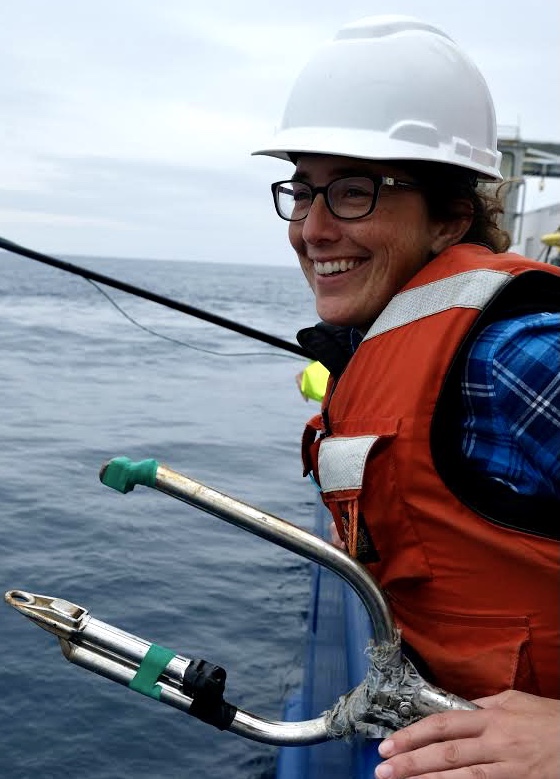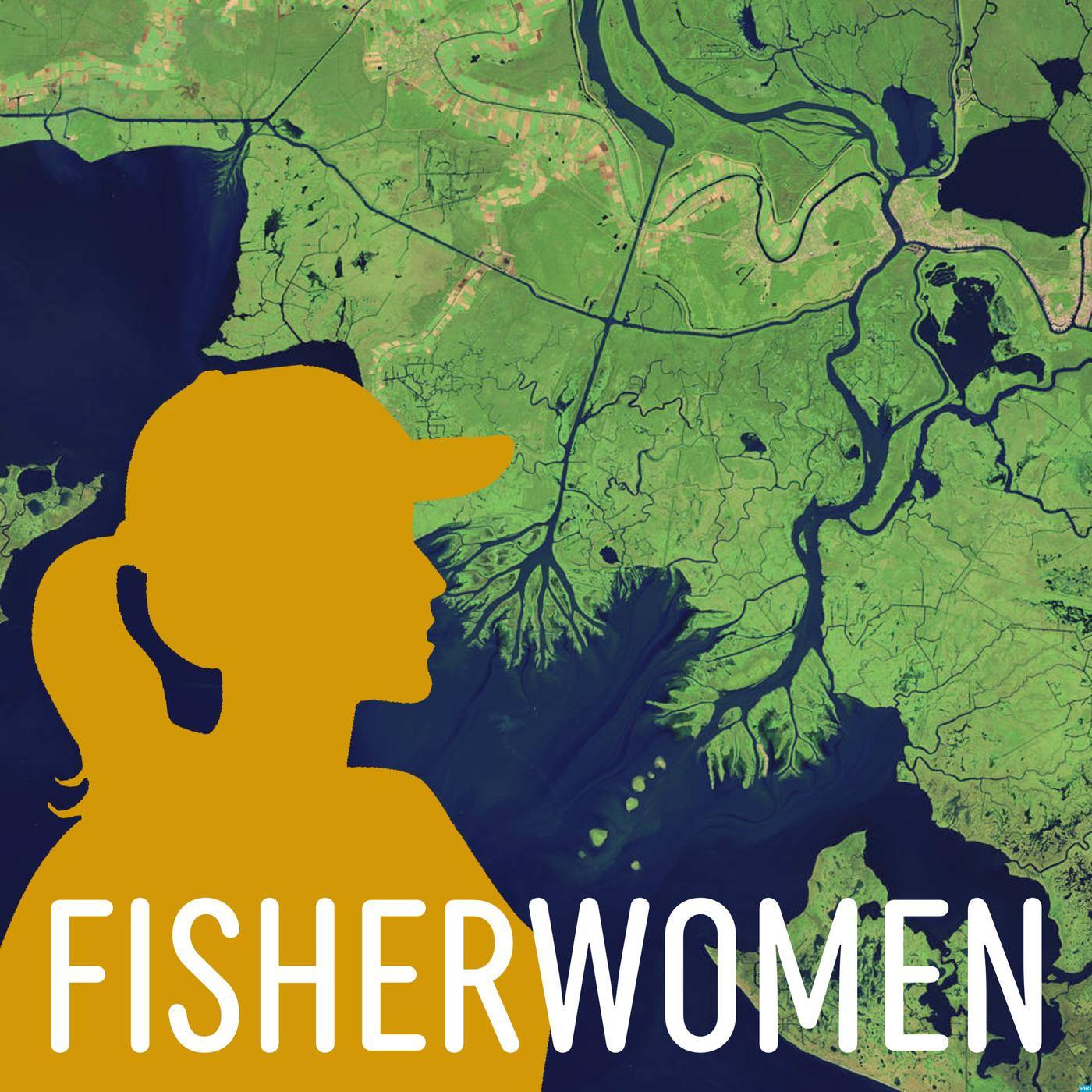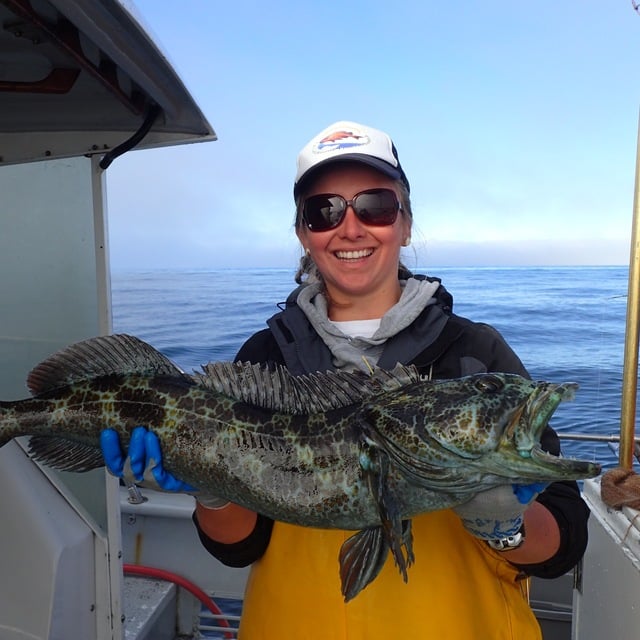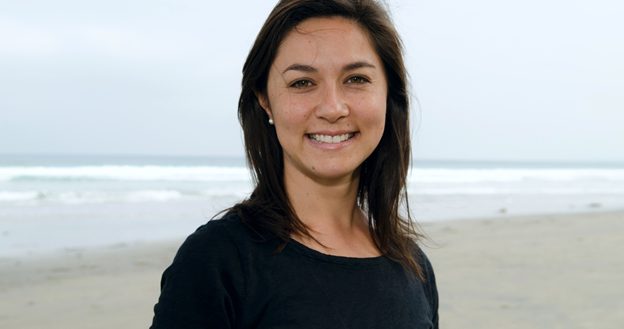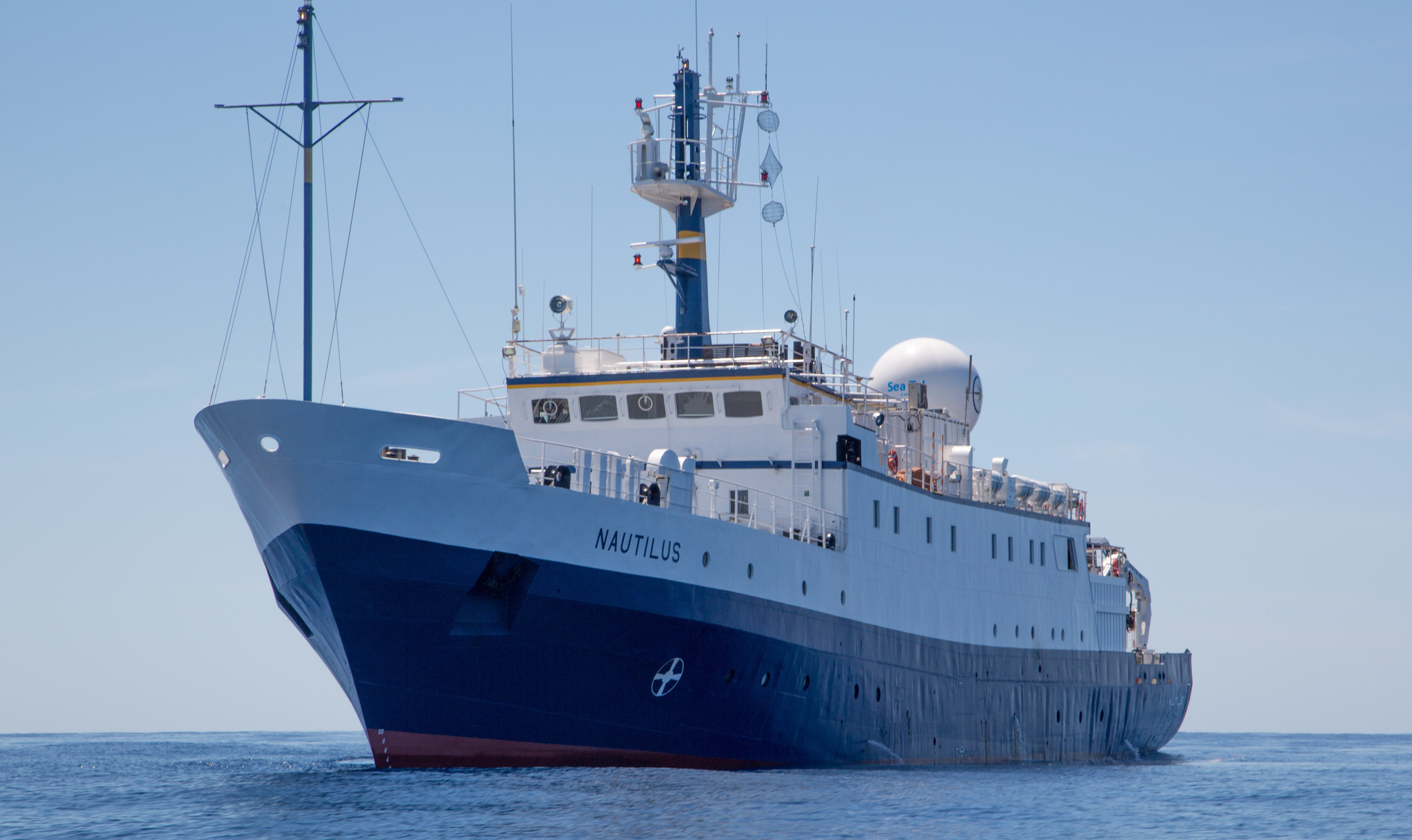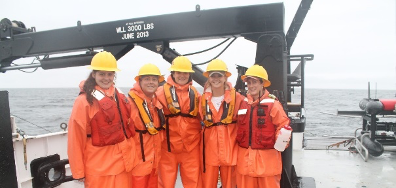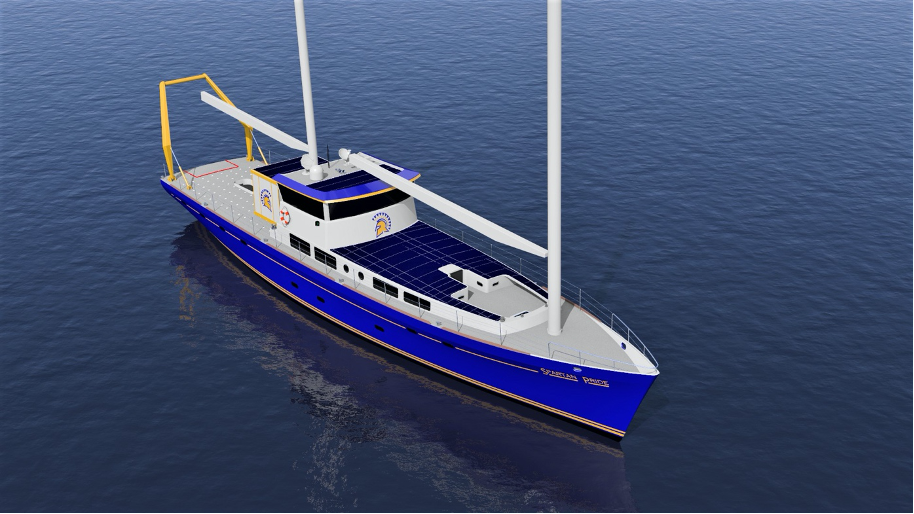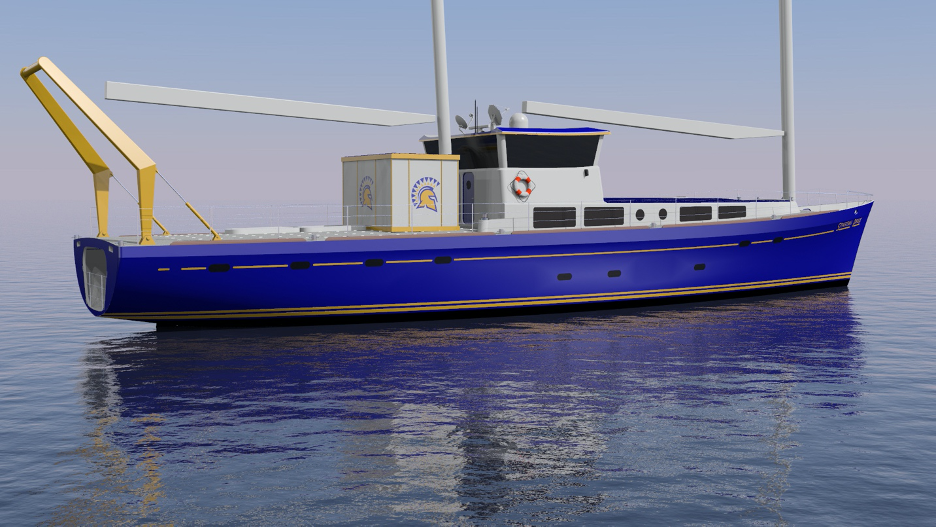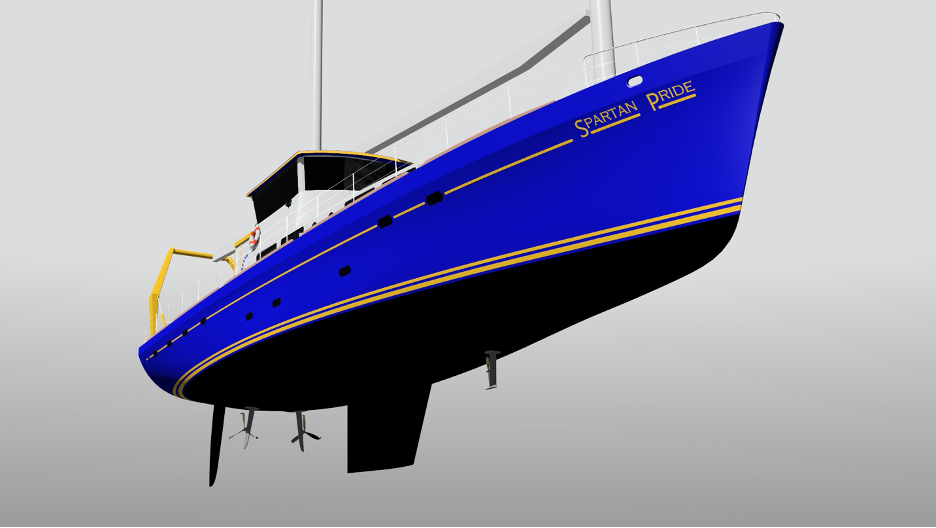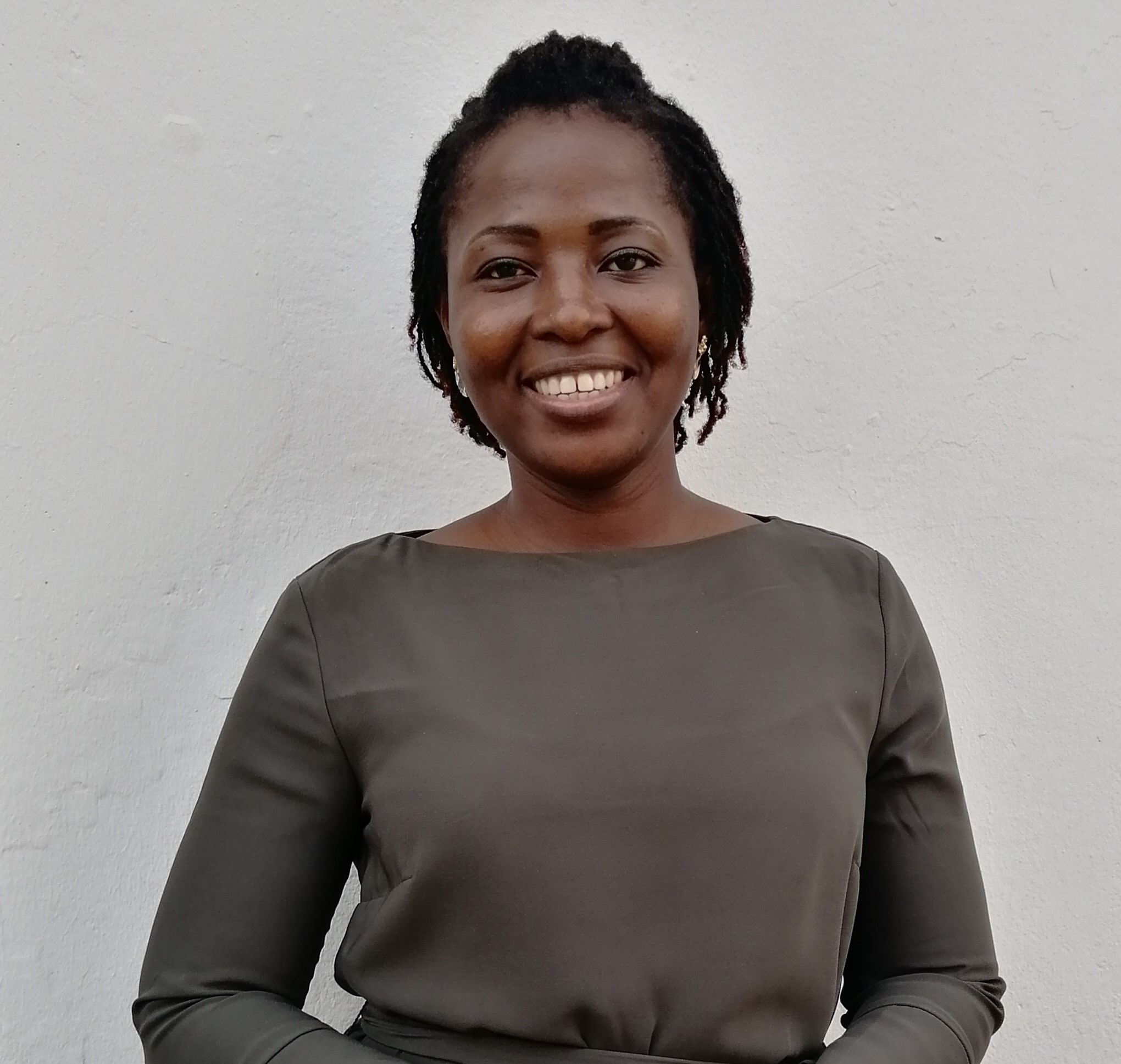We are thrilled to announce that SJSU/MLML research faculty member Dr. Colleen Durkin was awarded the Maxwell/Hanrahan Individual Award in Field Biology.
This prestigious award given by the Maxwell/Hanrahan Foundation provides $100,000 in unrestricted funds to support individual scientists, elevate their diverse perspectives, and enable them to commit time to observation and experimentation. Dr. Durkin will use the funds to advance her biological oceanography research program focused on the role sinking particles play in carbon export to the deep ocean. Congratulations, Colleen!
Learn more about the Maxwell/Hanrahan Field Biology Award and Dr. Durkin’s work here.
